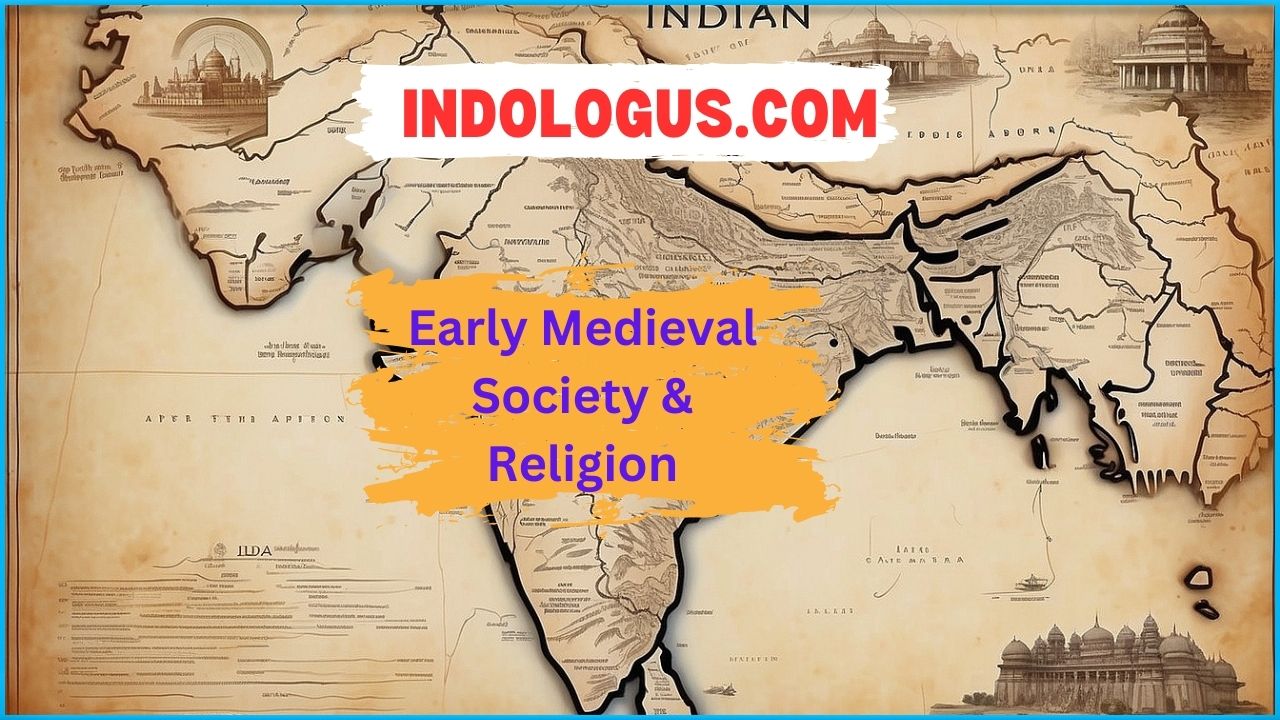Early Medieval society was predominantly agrarian and hierarchical in nature. It was divided into various social classes or varnas, which were based on occupation and birth. The varna system consisted of four main groups: Brahmins (priests and scholars), Kshatriyas (warriors and rulers), Vaishyas (merchants and farmers), and Shudras (laborers and servants). Below the varna system were the Dalits, also known as untouchables or outcastes, who were considered outside the traditional caste hierarchy and faced severe social discrimination.
Here are some MCQs on Early Medieval Society & Religion
1. Which social system was prevalent during the early medieval period in India?
a) Vedic social system
b) Caste system
c) Feudal system
d) Tribal system
2. Which caste was considered the highest in the caste system during the early medieval period?
a) Brahmins
b) Kshatriyas
c) Vaishyas
d) Shudras
3. Which term refers to the hereditary occupation-based groups within the caste system?
a) Jatis
b) Varnas
c) Gotras
d) Ashramas
4. The Bhakti movement, emphasizing devotion to a personal god, gained prominence during which period?
a) Early medieval period
b) Mauryan period
c) Gupta period
d) Harappan period
5. Which saint and poet played a significant role in the Bhakti movement in North India during the early medieval period?
a) Ramanuja
b) Basavanna
c) Kabir
d) Shankaracharya




